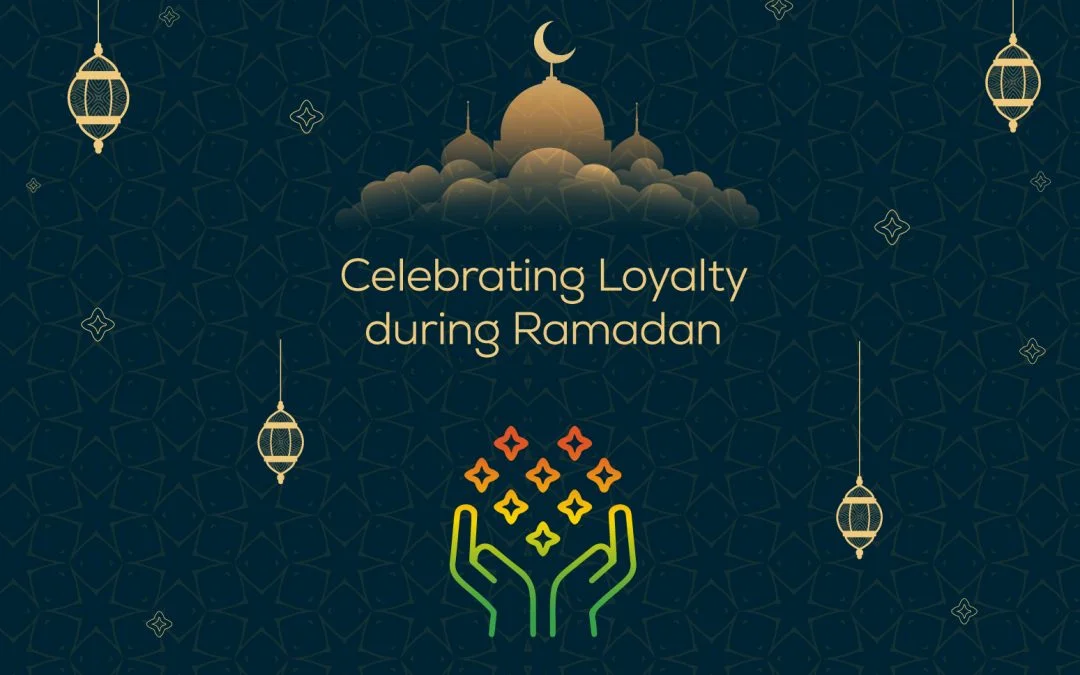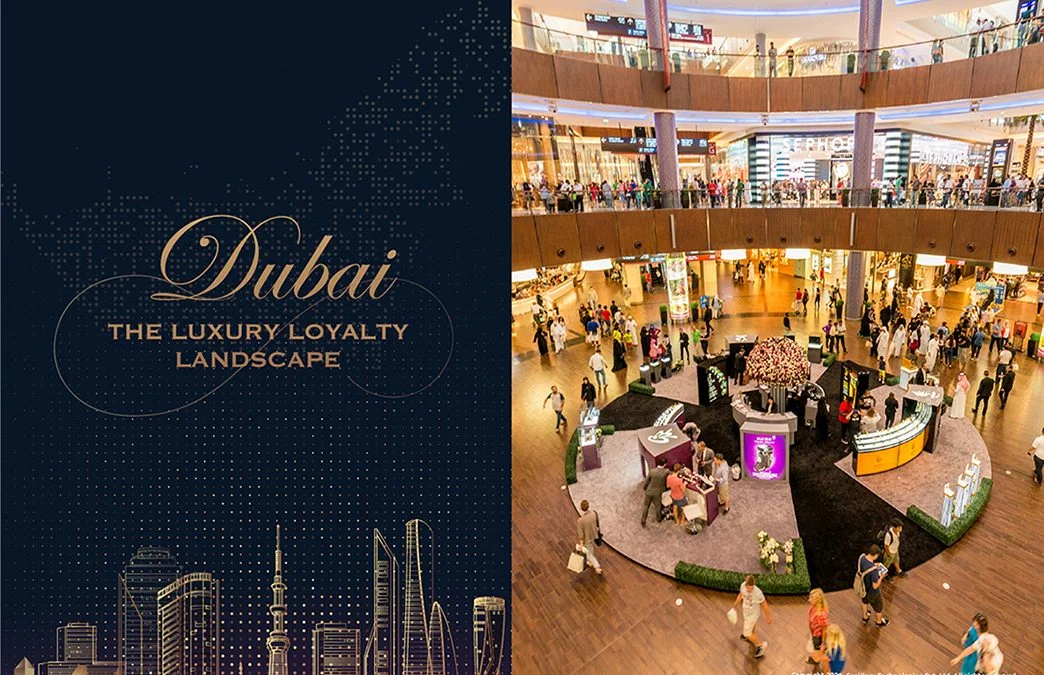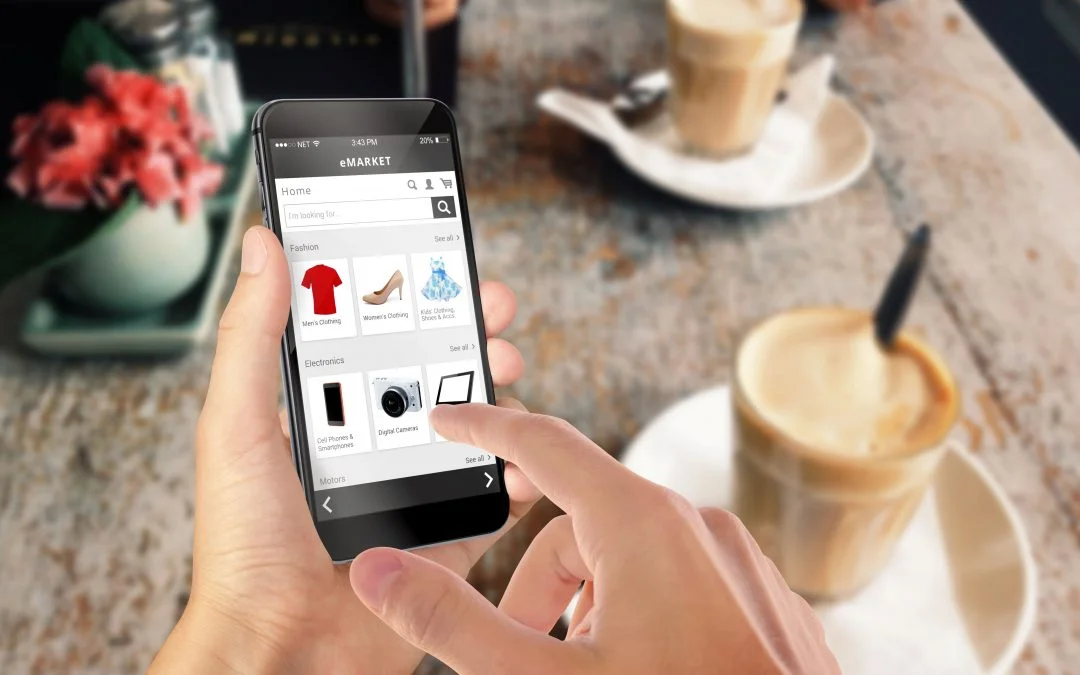- Design industry shaping loyalty programs
- Integrate easily and go live quicker
- Deliver hyper-personalized consumer experiences
Blue Rewards from Al Futtaim Group Shares Loyalty Success Stories and Evolution. Watch Podcast >
Capillary Announces 2nd Annual Captivate 2025 Summit: Transforming Loyalty Management with New AI Tech Read more >

Ramadan marks the most auspicious time of the year for the Middle Eastern community. It is not only about peaceful fasting, familial gathering or extravagant feasting, but also generous gifting and donation as well. A joyous occasion that brings people together for rewarding experiences. Over the course of this 4-week festival, apparel, footwear, and luxury brands, in particular, find an opportunity to not only improve customer loyalty through personalized messaging and rewards but, in fact, use it as a key lever to efficiently optimize high-spend marketing campaigns.
In the MENA region, while the purchase volume or basket size hasn’t increased in the pandemic’s aftermath, the average transaction value (ATV) has, and that too incrementally. Consumer behavior has shifted to valuing the quality of products over quantity, making people willing to pay more. This is a ripe moment of truth for leading high-end retail brands to capitalize on through the right kinds of loyalty programs. In fact, nearly 25 of our own brands benefited from dynamic voucher-based rewards and recognition that factored in real-time personalization to increase engagement. As a result, Ramadan marketing campaigns proved to be successful exercises in celebrating customer loyalty by doubling the sales by highlighting the festive aspects of targeted communication.
The first week of the festival is always about connecting with family and friends at home first. Hence, the frequency of customers visiting brands online is low. This, however, increases over the second week leading up to the fourth where there’s an evident spike in the normal consumption pattern (see the charts below). While 2020 was a year of stagnation due to COVID, 2021 saw a significant uptake in high-priced items being sold more even as the basket size didn’t grow in comparison to the pre-pandemic spending.
Brands, therefore, need to progressively build their interactions with customers during this time (weeks 2 to 4) with personalized messaging across the right touchpoints and with the right kinds of rewards.
Overall, we observed that while Dynamic Voucher Schemes (DVS) were the most effective from an engagement standpoint, point-based loyalty programs with the right notifications drive sales like nothing else. Here are four crucial factors that must be considered while designing these programs:
After COVID, most consumers in the Middle East have become more certain of their preferences. They have had the time to reflect on past purchases, and are now more discerning about the quality or the value of products rather than experimenting with too many constantly. This is a unique opportunity for brands to increase affinity by building loyalty. In fact, we observed that in 2021, the purchase power steadily increased as people began to spend less time in lockdowns. As people readjusted to working remote and supply chain issues began to be resolved more smoothly, spending increased. But it was primarily to make better buying decisions that customers paid more for fewer products than before. Here, the point-based system offered brands the opportunity to build trust among loyal customers who are coming back during Ramadan 2022 to avail the accumulated shopping benefits.
While earlier push notifications were the norm, in 2021 it is clearly hyper-personalization through points’ promotion that works best for UAE’s leading apparel and footwear brands.
This brings us to the next factor of trust-based repeat purchase that is an outcome of previous positive experiences. Gratification goes a long way during Ramadan, as customers are already in the mood to generously give their loved ones what they like. Thus, gifting-based marketing campaigns that drive behavioral loyalty through dynamic vouchers (DVS) can be major profit drivers. For instance, keeping track of past purchases to figure out the customer’s purchase pattern as well as using real-time search data to figure out his interests can generate personalized coupons instantly. Customers can be targeted with these when they are viewing products and a layer of gifting-based communication can be added to engage them further. This works very well to retain the brand’s most loyal customers, who, as per the 80/20 rule, contributes to sales more than new ones. To acquire new customers through the loyal base, further gratification could be introduced through the ability to earn discounts by recommending the brand to friends who are also looking for unique gifts during Ramadan for their own circles. This leads to the formation of an engaged community that is very much attuned to the spirit of the festival at large.
Beyond WhatsApp sharing notifications, coupons are way more effective in terms of driving engagement.
The right loyalty program – with Flat Offs and Coupons – allows the brand to re-engage with lapsed customers who return during Ramadan. They may have had pending cart items in the past based on which they can be targeted with the right discounts during this period. By nudging them with targeted communication and adding bonus loyalty points can inspire future purchase by sustaining the customers’ interest in the brand. It makes them feel more valued – laying a strong relationship foundation at the very start. These bonus points are a great way of attracting some new customers as well, even if the new registrations are relatively low during the festival. Even if the customer doesn’t avail the discount, the festive time allows for higher levels of consideration and increases the probability of return. This is a great way to target lapsed customers who would have otherwise easily switched over to competing brands in the category. Showing an interest in such customers is a responsibility that can drive long-term results and build a strong case for CRM where it did not materialize before.
Point-based promotions such as ‘500 Points added worth 100 AED, as a token of gift for Ramadan’ can be executed to improve the retention of active repeat customers. Moreover, targeting one-timer (OT) customers with Coupons or Flat Offs will encourage them to revisit the brand and become repeat customers.
Ramadan marketing campaigns are, therefore, crucial exercises in building a loyalty-based ecosystem that facilitates the future purchase of high-value items. Discounts and coupons with personalized festive messaging can go a long way in terms of building customer retention as well as retargeting previously disengaged customers and making them feel valued enough to become new loyal customers. The spirit of the festival encourages a solid reciprocal relationship between brands and shoppers that is a lasting one if marketing engagement is consistent with well-timed messaging as per changing consumer needs in the post-pandemic era.

December 10, 2024 | 6 Min Read
From collaborative partnerships to personalized rewards, Dub

April 20, 2022 | 4 Min Read
Ramadan marks the most auspicious time of the year for the M

June 30, 2020 | 4 Min Read
Even before the COVID pandemic, consumers and businesses in